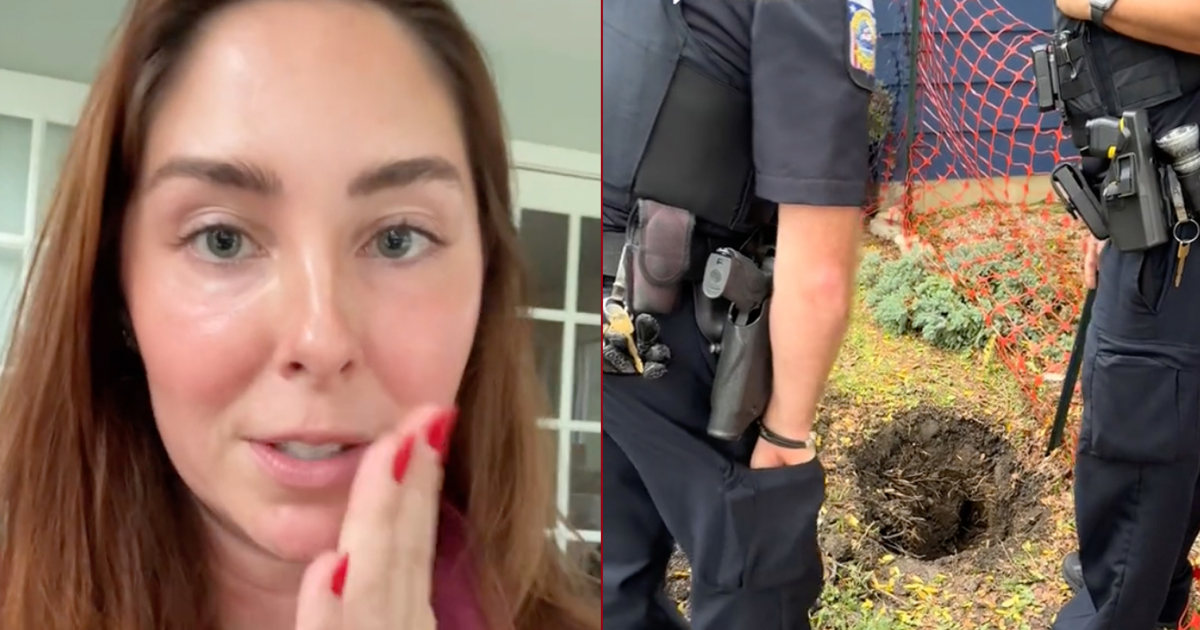 Science & Environment
Science & Environment
Mortgage arrears jump as homeowners and landlords feel pressure…

The number of mortgages in arrears has jumped as cost-of-living pressures and higher rates on home loans bite, according to a trade association representing lenders.
Some landlords may not be in a position where they can charge rents which will cover their mortgage, UK Finance suggested.
Across the UK, 87,930 homeowner mortgages were in arrears in the third quarter of 2023, 7% more than the previous quarter.
The number of buy-to-let (BTL) mortgages in arrears was 11,540, a 29% increase during the same period.
In particular, interest rate pressures are felt more acutely in the BTL sector, where landlords may not be able to raise rents to cover the increases in their payments
UK Finance report
UK Finance’s report said: “The increases in arrears are driven by the combined impact of both cost-of-living pressures and higher interest rates.
“In particular, interest rate pressures are felt more acutely in the BTL sector, where landlords may not be able to raise rents to cover the increases in their payments.”
UK Finance said mortgage arrears are still running at less than half the levels seen in 2009.
“This reflects the benefits of lender stress tests carried out to ensure borrowers will be able to keep up with their mortgage payments, even if their interest rate rises above those in place when they first took out their mortgages,” the report said.
UK Finance expects the combined number of homeowner and BTL mortgages in arrears to remain below 1% of the total number of mortgaged properties by the end of 2023.
Some 630 homeowner mortgaged properties were repossessed in the third quarter of 2023, 9% fewer than in the previous quarter.
And 450 BTL mortgaged properties were repossessed during the same period, unchanged from the second quarter of 2023.
Lenders have support available to anyone struggling with their mortgage payments.
Anyone worried about making their mortgage payments should contact their bank as soon as they can
Eric Leenders, UK Finance
There are a range of options which will be tailored to customers’ individual circumstances.
If customers need support, or are worried about their finances, they should get in touch with their lender to discuss the options available for their circumstances, UK Finance said.
Some 48 mortgage lenders representing more than 90% of the market have signed up to the Government’s mortgage charter, committing them to additional support for borrowers.
This includes giving customers approaching the end of a fixed-rate mortgage the chance to lock in a deal and request a better like-for-like deal if rates change up to six months ahead, and a guarantee of no repossession within 12 months of a first missed payment.
Eric Leenders, managing director of personal finance at UK Finance, said: “Anyone worried about making their mortgage payments should contact their bank as soon as they can.
It is clear that the 14 consecutive interest rate hikes have hit many landlords hard
Myron Jobson, interactive investor
“All lenders have teams of experts ready to help anyone struggling with their mortgage payments with tailored support. The sooner you get in touch, the more support options your lender will be able to offer. What’s more, reaching out to your bank to find out what support is available won’t affect your credit score.”
Myron Jobson, senior personal finance analyst at interactive investor, said: “It is clear that the 14 consecutive interest rate hikes have hit many landlords hard – especially the smaller ones. Those who haven’t been able to pass on the heightened cost burden to their tenants or cover it out of their own pocket have been forced to have a radical rethink of their business model.
“There have been reports of a growing number of landlords selling up because of the double whammy of higher mortgage rates and also the end of mortgage interest relief since 2020, which has curtailed profitability. The sale of rental property could have a telling impact on the balance of supply and demand in the housing market.”
Craig Fish, director at London-based broker Lodestone Mortgages & Protection, told website Newspage: “The buy-to-let sector has been hit harder than any of late. As if the taxation changes weren’t bad enough, we now have higher interest rates and stress testing causing untold pain.”
Laura Suter, head of personal finance at AJ Bell, said: “It’s reassuring that arrears remain low by historical levels, and the current mortgage charter that lenders have signed up to is preventing these numbers from rising further. The agreement means that those struggling to pay their mortgage can switch to interest only, make part-payments or extend their term.
“However, these are all temporary measures and, as we’re not expecting interest rates to fall any time soon, at some point these homeowners will have to face the reality of higher rates – meaning many will fall into arrears.”










